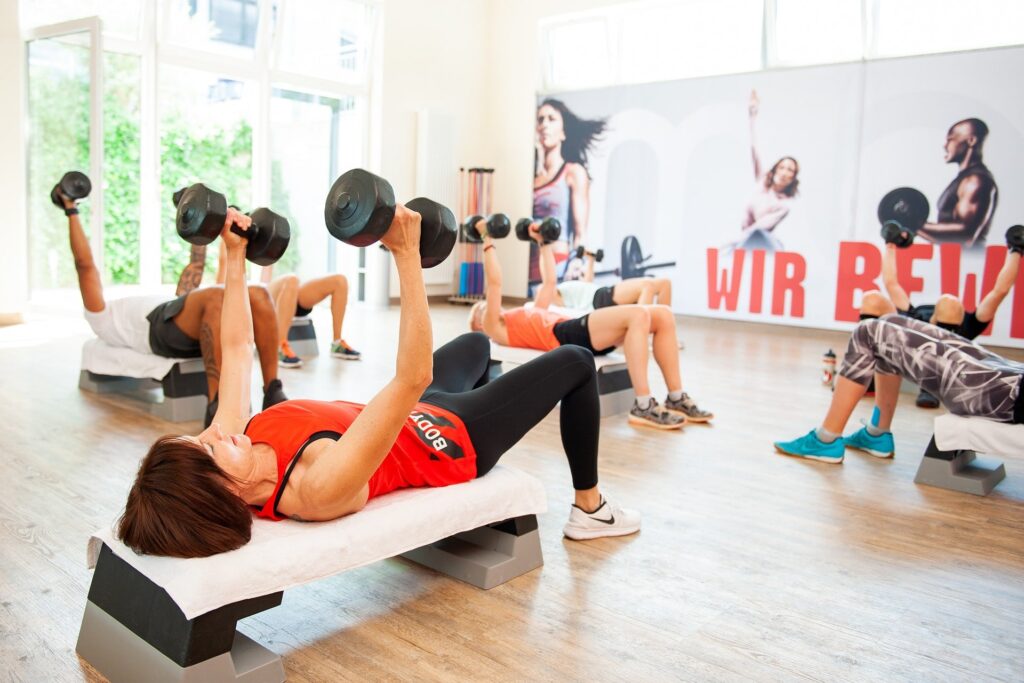Want to know how to stick to effective Chess Training? Here is a hard truth you’ll need to know:
The most fun things aren’t the ones that bring us ahead. And they don’t make us happy either.
Just look at the typical spoilt millionaire child. For their whole lives, they can do what is fun: hang out with friends, party, binge-watch TV. They don’t have to earn money, nor do they have to buy groceries, cook, or clean.
Now the question is: do they seem happy?
I’d say absolutely no way. They seem pretty miserable, and most of them annoy everyone around them.
Non-fun things are not only necessary for the vast majority of humans (we have to earn money to buy food). They also lead to more happiness when done right.
The worst Chess Training advice
“Just do what is fun” must be among the worst pieces of advice in Chess.
Not only will you stagnate (and thus enjoy playing chess less), but you will continuously shrink your comfort zone. The slightest discomfort (for example, having to think on your own during a game) will feel like hard work to you.
In Dopamine Nation, Dr. Anna Lembke explains how pain and fun are closely linked. They operate as a sort of balance. When you have more of one, you inevitably get more of the other soon after.
Indulging in only fun activities definitely isn’t the answer. Not at your job, but neither in your free time. A good amount of discomfort (or pain) is healthy for your well-being. And will make your life more fun.
Make Hard Things Fun
The solution is to make the things we want to do more fun. This is an idea I learned from Doctor turned YouTuber turned author Ali Abdaal. In his book Feel Good Productivity, he explains how you can combine doing the right thing and having fun.
If you want to enjoy chess more and get better simultaneously, your goal shouldn’t be only to do what is fun.
Instead, you should aim to do what makes you better and find a way to make it fun.
Recently, Alessia found an amazing little trick to make cardio workouts fun. She discovered that we can play Solitaire at our gym while doing our Cardio workout. Last week, I just wanted to make a 10-minute warm-up, but I ended up running for 50 minutes straight… because it was so much fun!
We even have a nice cardio machine at home, but now we always go to the gym to do our cardio. It doesn’t feel like a must anymore; we even look forward to it.
How Can You Make Chess Training Fun?
A few ideas:
Track your Chess Training
Especially for people who like challenges, tracking your training in a spreadsheet can work wonders. “Yesterday, I solved 8/12 puzzles in 15 minutes. Let’s see if I can get 9/12 this time.” This might be all the motivation you need to make solving tactical exercises fun.
Simultaneously, this helps you look back and appreciate all the work you did.
Reward Yourself
Chess requires your full attention. So, solving Solitaire while you do your chess training would be rather hard and inefficient. But what you can do is link the training with an activity you love.
It is very simple. Reward yourself with a super fun but non-essential activity for a certain amount of chess training.
For example, 30 minutes of puzzle solving and then 5 minutes of Netflix for every right solution. If you manage to keep this habit for a while, you will actually link solving puzzles to the pleasure of binge-watching Netflix. After a while, you might even be able to stop watching Netflix and still enjoy the benefit of that link trigger.
Do Chess Training with friends
When you do things in groups of like-minded people, even the hardest thing can seem fun. Join a local club and solve your puzzles there. Or find a similarly rated chess player online, make an appointment for your training and jump in a video call while doing your training. Every 30 or 45 minutes you can discuss what you just learned and motivate each other to keep going.
Recently, group fitness lessons have gained massively in popularity. Get the same feeling for chess!

Learn new stuff
Novelty is exciting and interesting. That’s one of the reasons playing games (and not analyzing them…) can feel fun in the moment (and make you miserable later). Use this knowledge to your advantage and build some novelty into your chess training plan.
Once a week, mix up your routine and do something new. Or just open your book on page 50 instead of going chronologically once in a while.
Learn from others and other areas of life
You are not the only one trying to do the things that move you forward in life while having fun. Think of other areas in life where you do hard things and ask yourself: can I learn something from that area and bring it over to chess?
Discuss this idea with other learners and try out their approaches to making chess study fun.
Because you need good proper focus for both activities, I find learning for school and studying chess to be closely linked.
After all, I didn’t come up with those ideas on my own. I just learned from experts. If you found this topic interesting, here are three ways to learn more about it:
YouTube Video: The Secret Behind Resisting Dopamine
Book: Dopamine Nation
Book: Feel Good Productivity (podcast with Ali I liked)
Keep improving (and having fun!)
Noël
PS: You can get articles like this one for free into your inbox once a week. Join 16,500+ chess improvers by subscribing to my free weekly newsletter.